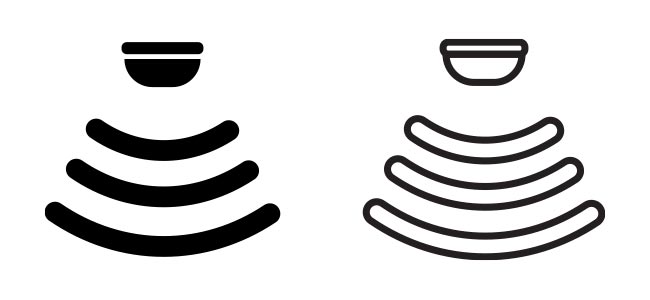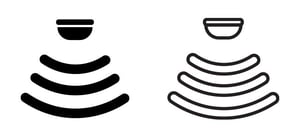
Jan 20, 2020
Blog Digital World On the Future of Sensors

What will the sensors industry look like in the new decade?
We sat down with expert and BCC analyst Srinivasa Rajaram to discuss what trends to expect, how professionals can prepare for what’s to come and more.
BCC: How do you think the sensors market will evolve in the next decade? What trends can professionals in this market and related markets expect?
Srinivasa: The sensors of the future will tend to be smarter, more accurate, quicker, wireless, safer, self-learning, smaller, standardized, etc. As far as main trends go, miniaturization, digitization and sensor fusion are the three main trends that the sensor market will follow in the near future.
BCC: Can you expand on those a bit?
Srinivasa: Sure. When it comes to miniaturization, sensors are proliferating across countless applications as we move to an increasingly connected world. Many of those applications require multiple sensors in a small footprint with no degradation of performance and often with very low power requirements.
Miniaturized sensors play a significant role in the world of nanotechnology. Size affected nanomaterials become suitable materials for sensing, with their different properties such as superior electrochemical, photonic, and magnetic properties.
Digitization is the development in measurement technology and is inexorably moving in the direction of digital signals and the processing of measured values in the PLC, PC, apps and cloud solutions. Internet of Things, digital factory, etc. are realized by the incorporation of digital components directly into the sensors such as digital load cells or the use of connector plugs with digital converters. With so many applications playing in the IoT space, the shift to digital is required for intelligent sensors that not only capture sensing data, but also interpret that data for a variety of applications.
BCC: And that leaves sensor fusion.
Srinivasa: Right. Sensor fusion is the process of merging data from multiple sensors such that to reduce the amount of uncertainty that may be involved in r task performing. As with the trend towards digitization, multi-sensor integration is directly related to IoT proliferation and the expectation that everything is connected. The need to capture multiple types of measurement in extremely small packages is pushing the development of multi-sensing elements.
BCC: What can Sensor professionals do to prepare for those changes so that they can thrive in the coming decade?
Srinivasa: Sensor professionals have to prepare in a number of ways to face the fast-changing sensor technology field. Suggested subjects and courses for furthering knowledge in sensor technology:
BCC: What are one or two of the most exciting innovations in the sensors market?
Srinivasa: There are a few innovations in some sub-markets that I’m intrigued about. The first is wearable sensors. These sensors are integrated into wearable objects or directly with the body in order to help monitor health and/or provide clinically relevant data for care.
Next we have LIDAR Sensors. LIDAR, which stands for Light Detection and Ranging, is a remote sensing method that uses light in the form of a pulsed laser to measure ranges (variable distances) to the Earth.
Then there are smart sensors, devices that takes input from the physical environment and uses built-in compute resources to perform predefined functions upon detection of specific input and then process data before passing it on.
Lastly, but not least, there is electronic skin. This refers to flexible, stretchable and self-healing electronics that are able to mimic functionalities of human or animal skin. Advances in electronic skin research focuses on designing materials that are stretchy, robust, and flexible.
Want more intel on the sensors market? Check out our collection of recently published reports.
Clara Mouawad is the content writer at BCC Research. She contributes to our blog, social media, email marketing and more.

From smartphones to satellites, antennas play a vital role in enabling the seaml...

Introduction Artificial Intelligence (AI) and the Internet of Things (IoT) are r...

We are your trusted research partner, providing actionable insights and custom consulting across life sciences, advanced materials, and technology. Allow BCC Research to nurture your smartest business decisions today, tomorrow, and beyond.
Contact UsBCC Research provides objective, unbiased measurement and assessment of market opportunities with detailed market research reports. Our experienced industry analysts assess growth opportunities, market sizing, technologies, applications, supply chains and companies with the singular goal of helping you make informed business decisions, free of noise and hype.